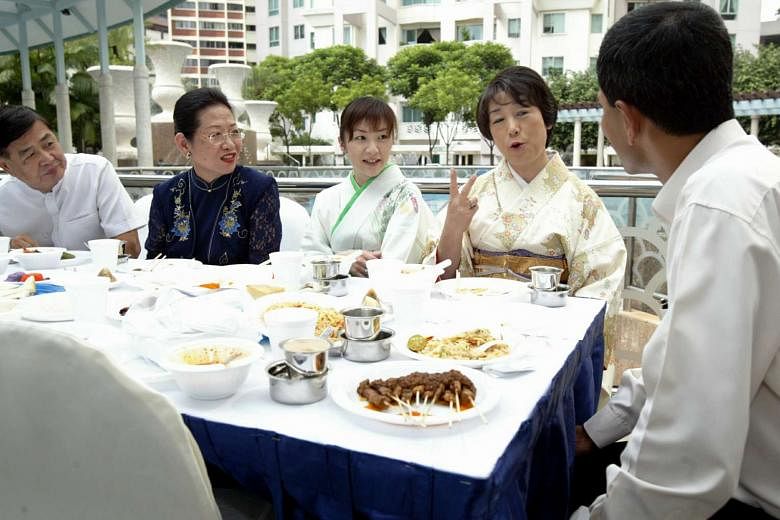Yesterday's commentary ("Home sharing still up in the Airbnb") briefly described joint efforts by the Singapore Tourism Board (STB) and the Association of Management Corporations in Singapore (Amcis) to provide a genuine homestay experience for tourists in 2004.
It is true that a handful of property owners were dropped from the Amcis HomeStay scheme, as they presented their foreign maids as hosts, when the rules required hosts to be residents in the units, to be able to provide a truly "home away from home" experience.
While Amcis HomeStay was able to guarantee the quality of hospitality services under very stringent requirements and regular inspections, it was not possible to do likewise for visitors.
There were indeed cases where some tourists were of dubious character and Amcis HomeStay had to relocate them to hotels to protect the safety of the hosts.
To protect the safety and security of Singaporean property owners, it was decided in 2007 to cease all homestay operations.
However, there are certain groups of foreigners who genuinely want to understand the culture of Singapore and experience how Singaporeans lead their daily lives.
Thus, in 2009, a group of foreign travel agents approached us to provide homestay services for students on overseas school trips, and for students on internships.
This resulted in a revival of the homestay concept under Global Homestay, a name suggested by STB.
To ensure the safety and security of hosts and guardians, foreign accredited travel agents supply photos and photocopies of passports of these overseas students, together with information on their parents, the parents' occupations, and the schools the students attend in their home countries.
As for interns, a confirmation with the local sponsoring company is required.
Global Homestay does not entertain direct inquiries or bookings, or list properties.
While short-term home sharing is a very lucrative business under Airbnb, PandaBed, Roomorama and others, the risks of foreign terrorism are passed on to innocent neighbours of these properties, as these rental properties are usually vacant ones.
Francis Zhan
Founding President
Association of Management Corporations in Singapore (Amcis)
and Amcis HomeStay

